Dubai has always been a city synonymous with luxury and opulence. However, in recent years, there has been a shift towards more sustainable and eco-friendly properties. With concerns over climate change and environmental degradation on the rise, developers in Dubai are embracing sustainable building practices to reduce their carbon footprint and create a more sustainable future.
In this article, we will explore the rise of sustainable and eco-friendly properties in Dubai. From green building materials to renewable energy sources, we will examine the latest trends in sustainable real estate and how they are shaping the future of the industry.
What are Sustainable and Eco-Friendly Properties?
Before delving into the rise of sustainable and eco-friendly properties in Dubai, it’s important to understand what these terms mean. Sustainable properties are those that are built using sustainable materials and practices, with the goal of reducing their impact on the environment.
Eco-friendly properties go a step further by incorporating renewable energy sources and other features that promote environmental sustainability.
The Importance of Sustainable Properties in Dubai
Dubai has undergone significant development and growth over the past few decades, with a rapidly expanding population and an increasing number of tourists. However, this growth has also led to concerns about sustainability and the impact on the environment. As a result, the importance of sustainable properties in Dubai has become increasingly clear.
Sustainable properties in Dubai are those that are built using sustainable materials and practices, with the goal of reducing their impact on the environment. These properties are designed to be energy-efficient and to reduce the overall carbon footprint of the building. This includes using green building materials, incorporating renewable energy sources, and implementing energy-efficient features.
One of the main reasons why sustainable properties are so important in Dubai is the city’s unique climate. Dubai is known for its hot and humid weather, which can make it difficult to maintain a comfortable indoor temperature without relying on air conditioning. As a result, traditional buildings in Dubai often use a significant amount of energy to keep the indoor temperature cool, which leads to high energy bills and increased carbon emissions.
Sustainable properties, on the other hand, are designed to reduce energy consumption and costs. They incorporate energy-efficient features such as insulation, efficient cooling systems, and smart home technology to optimize energy usage. This not only reduces the impact on the environment but also lowers energy bills for residents and businesses.
Another reason why sustainable properties are important in Dubai is the city’s reliance on desalinated water. The production of desalinated water is energy-intensive and can lead to high carbon emissions. Sustainable properties can help reduce the amount of water used, by incorporating water-saving features such as low-flow toilets and showerheads, and by using recycled water for irrigation.
In addition to the environmental benefits, sustainable properties also offer a number of economic benefits. They can help developers to differentiate their properties from traditional buildings, making them more attractive to buyers and renters. They can also lead to cost savings through reduced energy consumption and lower maintenance costs.
Overall, the importance of sustainable properties in Dubai cannot be overstated. As the city continues to grow and develop, it’s crucial that developers prioritize sustainability and environmental responsibility. By embracing sustainable practices, developers can reduce their carbon footprint, lower energy costs, and create a more attractive and competitive real estate market.
Green Building Materials in Dubai
One of the key trends in sustainable property development in Dubai is the use of green building materials. These materials are made from sustainable and renewable resources, such as bamboo, recycled steel, and reclaimed wood. They are also designed to be energy-efficient and can help reduce the overall environmental impact of a building.
Renewable Energy Sources in Dubai
Dubai has embraced renewable energy sources, such as solar and wind power, in recent years. Many new properties in the city are incorporating these sources into their designs, with the goal of reducing their reliance on fossil fuels. In fact, the Dubai Electricity and Water Authority (DEWA) has set a target for 75% of the city’s energy to come from clean sources by 2050.
Sustainable Property Features in Dubai
In addition to green building materials and renewable energy sources, there are a number of other sustainable property features that are becoming increasingly popular in Dubai.
These include:
- Water-saving fixtures and appliances
- Low-flow toilets and showerheads
- LED lighting
- Smart home technology to reduce energy consumption
FAQ
Q: Are sustainable properties more expensive than traditional properties?
A: It depends on the specific property and the materials used. While some sustainable materials may be more expensive initially, they can often lead to long-term cost savings through reduced energy consumption and maintenance costs.
Q: What role do developers play in promoting sustainability in Dubai?
A: Developers have a significant role to play in promoting sustainability in Dubai. They can incorporate sustainable practices into their designs, use green building materials, and promote energy-efficient features to buyers and renters.
The rise of sustainable and eco-friendly properties in Dubai is a positive trend for the city and the environment. By embracing sustainable practices, developers are not only reducing their carbon footprint but also creating a more attractive and competitive real estate market. As the city continues to grow, it’s crucial that development is done in a way that is sustainable and environmentally responsible. With the latest trends in sustainable property development, Dubai is leading the way towards a more sustainable future.


